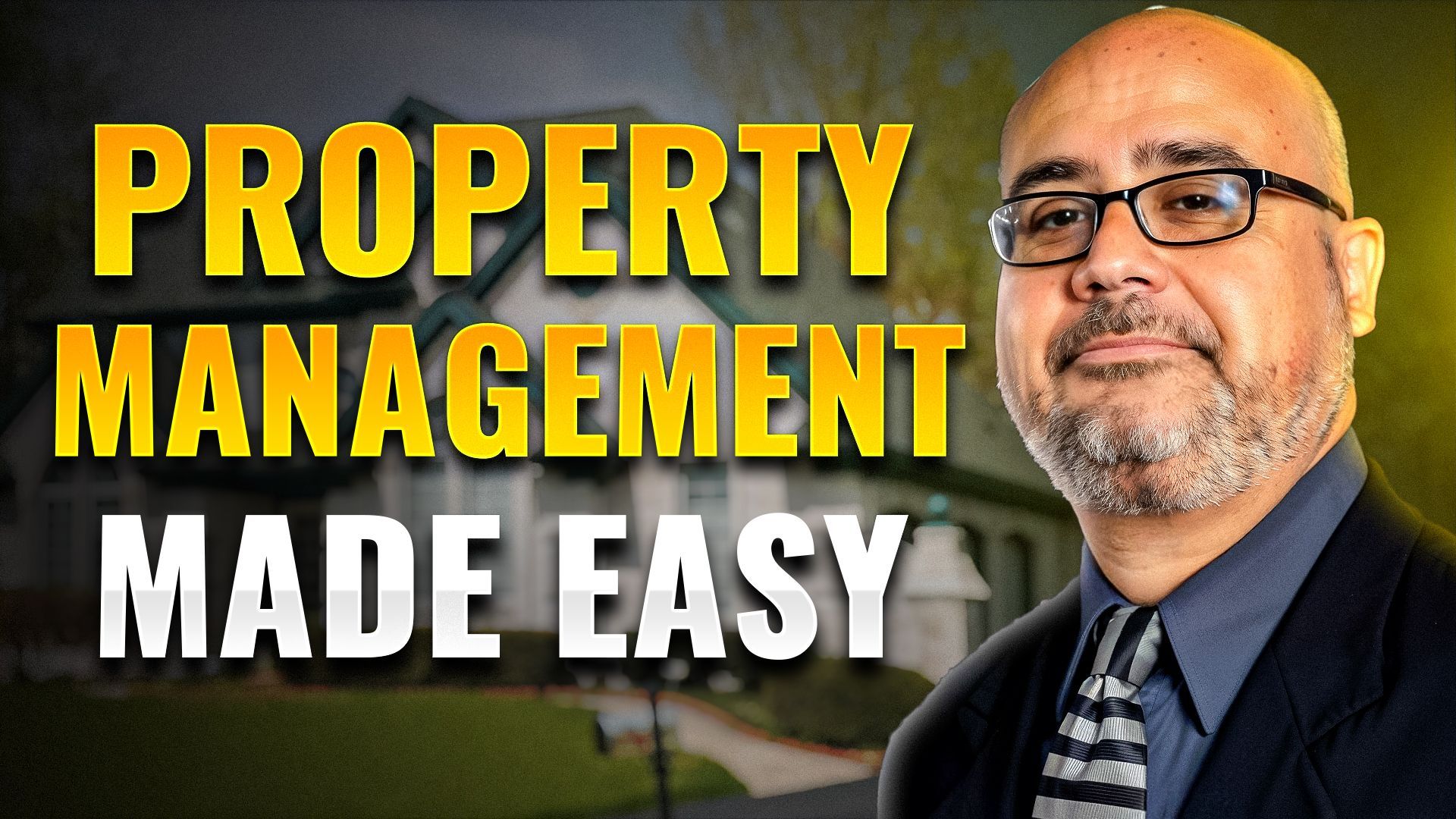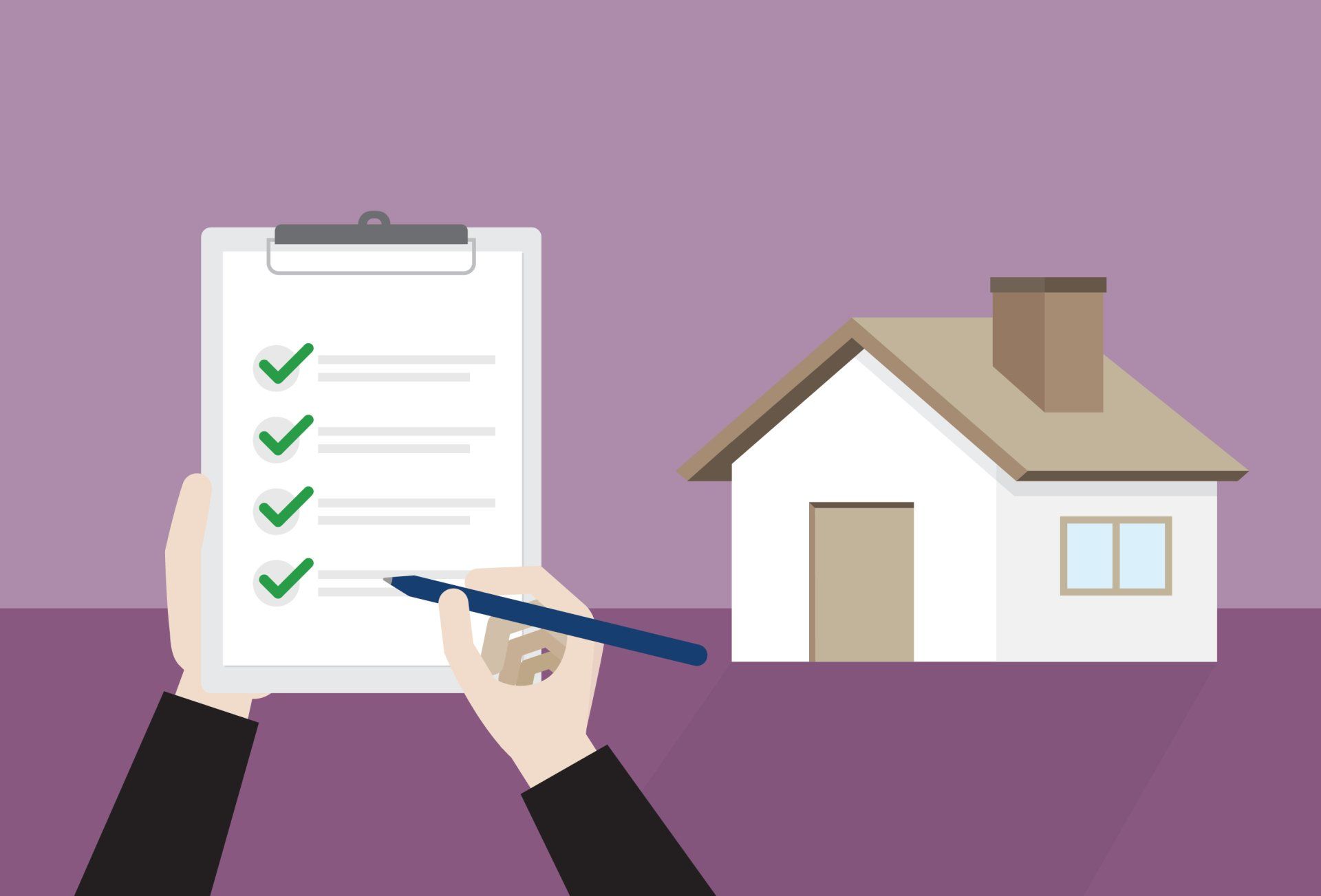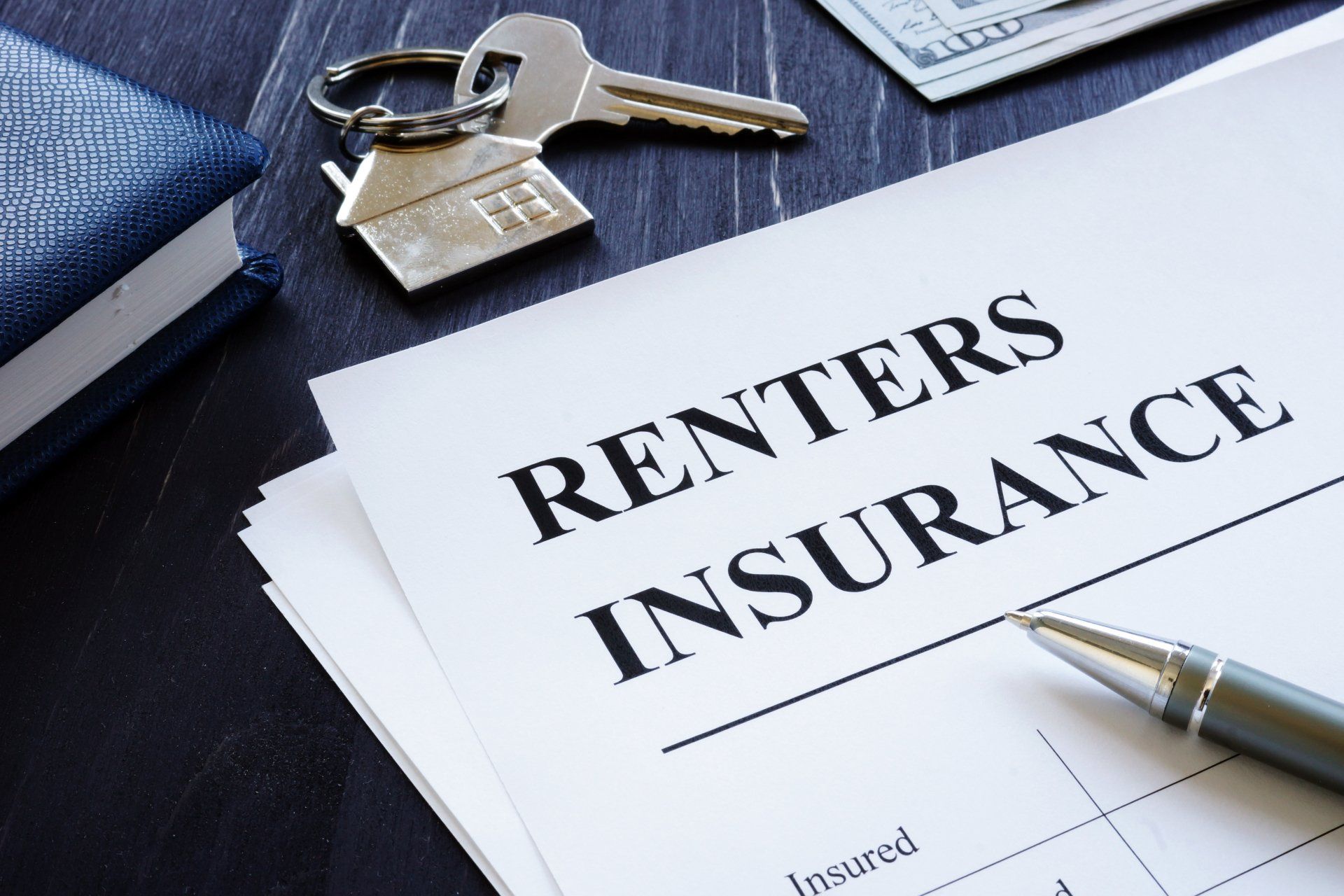HOA vs Property Management - What’s the Difference?

While property management and homeowners associations (HOAs) sound like they might do the same job, they're two completely different types of management. Yes, they both oversee housing communities, but the people who run each type have different expertise and skill sets to do their job. Use this guide to learn more about HOA responsibilities and property management duties.
What Are HOAs?
Many neighborhoods, condo complexes, and subdivisions contain multiple housing units owned by different people. These homeowners might share responsibilities for certain aspects of that community. It's similar to what neighbors would expect of others when maintaining properties. Those who purchase property in this specific community automatically become HOA members.
In most cases, each member of the community remains responsible for his or her property, even if it's used as a rental property. However, the common areas or corporately owned property are different. This space is maintained by the HOA and covered by dues that residents pay. Certain HOAs are restrictive as to what members can do with their property.
As a result, these communities form HOAs and create covenants or rules that property owners must follow. While all HOA members can vote on bills, the HOA board members have the ultimate responsibility to ensure that rules are followed and other responsibilities are met. These members are overseen by an HOA management team, so the board members aren't required to confront owners about violations.
What Do HOAs Do?
According to iPropertyManagement, HOAs in the United States manage 355,000 communities with almost two dozen new associations created daily. HOAs are responsible for certain tasks, some of which include the following:
- Securing insurance for the common areas. These areas aren't the financial responsibility of individual property owners, but they can enjoy these communal areas.
- Maintaining communal areas. These communal areas might include swimming pools, clubhouses, and playgrounds. Since these are common areas and not owned by one person, it's up to the HOA to ensure these areas are properly maintained.
- Setting and collecting monthly or annual dues. The HOA might have a deposit box or allow for recurring fee collection regarding HOA fees. These fees are usually collected monthly, but there might also be annual fees as well.
- Managing delinquent dues. If homeowners are late in their HOA payments, the HOA management has the right to go after the fees and associated penalties.
- Determining the budget for allocation of HOA dues. The budget is usually set manually by the HOA board of directors. The board is also responsible for informing homeowners how the money is allocated.
- Hiring contractors and staff members. If work needs to be completed on common areas, the HOA does some research and hires people to get the job done.
What Do Property Managers Do?
A property management company usually oversees property owned by a corporate entity or an individual who opts to lease or rent the property. The main purpose of the company is to protect real estate investments and passive income. A property manager responds to repair or maintenance requests, making sure the property is being well-cared for. It's important to note that some property managers do work for HOAs or represent one or several owners in the community. The HOA can also hire property managers to manage corporately owned areas.
A few examples of what property managers do include the following:
- Adheres to landlord and tenant laws and regulations. For instance, some states have specific requirements as to how much tenants pay for security deposits. A property manager ensures the tenants aren't overcharged, which can cause legal issues.
- Acts as an on-site expert. For property owners who rent or lease out their property, having a property manager available who can take care of tasks on-site is invaluable. This comes in handy when the property owners live in another state.
- Fixes maintenance issues. As mentioned, property managers handle maintenance requests. These tasks can include broken appliances and unwanted pests in the residence.
- Shows property to potential tenants. For property owners worried about having an empty unit sitting around, property managers can show the property to potential tenants. This option is convenient, again, if the owners live far away.
- Collects and deposits rent. Property managers obtain rent from tenants, and they might use online sites or payment apps to collect the money. They might also be responsible for handling delinquent payments and evictions.
Property Managers and HOA Similarities
One of the main ways that property managers and HOAs are similar is that they both involve managing housing communities. Often, these two groups work together to ensure the community looks its best. While it's not the property manager's responsibility to ensure the tenants follow the rules, the property manager can assess fines for HOA rule infractions.
Property Managers and HOA Differences
One of the main differences between property managers and HOA involves when the organization was formed. An HOA typically forms after a community has been established, while a property owner's association is set up before the community is developed.
Also, a property manager can ensure that the property adheres to standards set forth by the HOA. On the other hand, the HOA can enforce rules that the property manager cannot. For instance, if the tenant fails to adhere to HOA rules, the HOA can legally apply a lien on the property or asses fines. Homeowners can use a property manager to make sure the tenants follow the rules.
Property managers aren't responsible for common space found within the community. Walking trails, parks, and swimming pools are the responsibility of the HOA. Simply put: the property manager is responsible for the property and nothing else. On the other hand, the HOA doesn't manage the property. They simply provide a list of rules that owners must follow so that the residence fits in with the rest of the community.
Many people use the terms homeowner's association and property managers interchangeably, but they're not the same. Property managers deal more with the actual property, while HOAs ensure the community is a safe and well-kept living experience for members. To learn more about how property managers operate,
reach out to Americana Property Management.
Blog





















